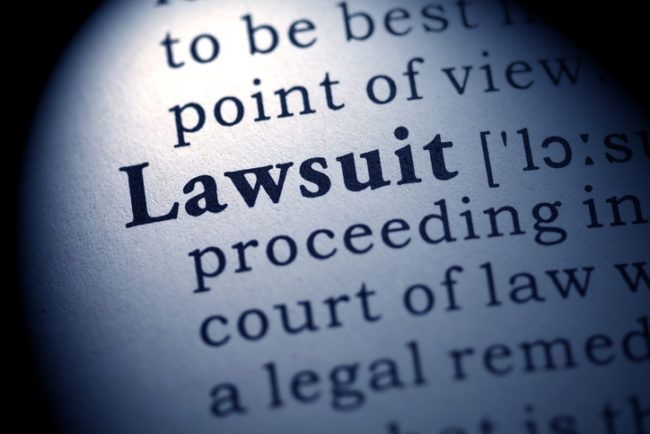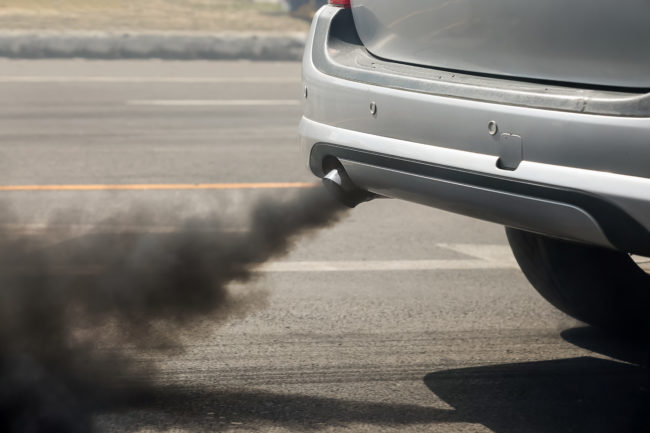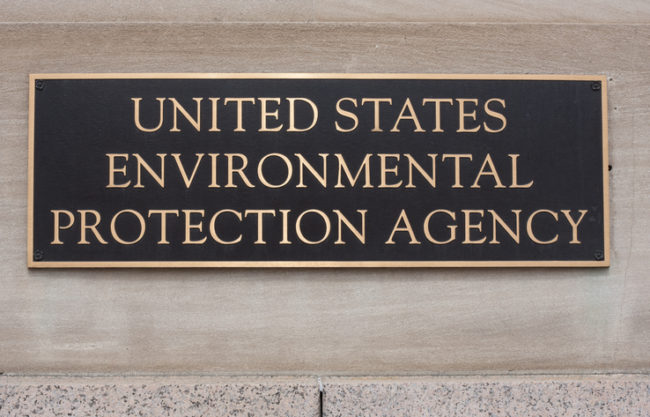On April 5, 2018, 14 U.S. states filed a lawsuit against U.S. Environmental Protection Agency alleging that the agency is “unreasonably delaying” the issuance of federal methane emissions standards.
The complaint names the EPA and EPA Administrator Scott Pruitt as the defendants. New York State is taking the lead in this challenge; other states joining the lawsuit include California, Connecticut, Maine, Maryland, Oregon, Pennsylvania, Rhode Island, Washington, Massachusetts, Pennsylvania, Vermont, Illinois, Iowa, and New Mexico. The District of Columbia and the City of …
Continue Reading









